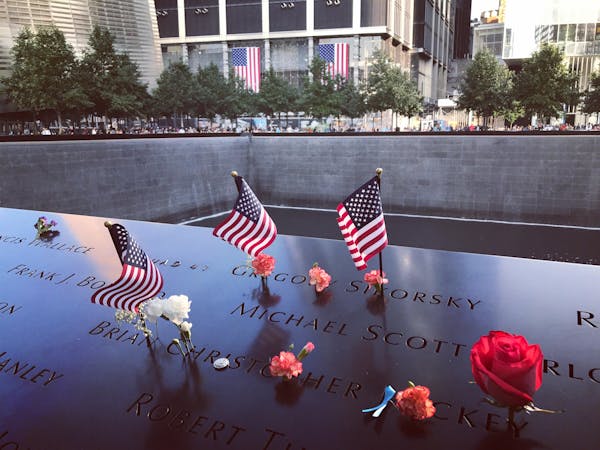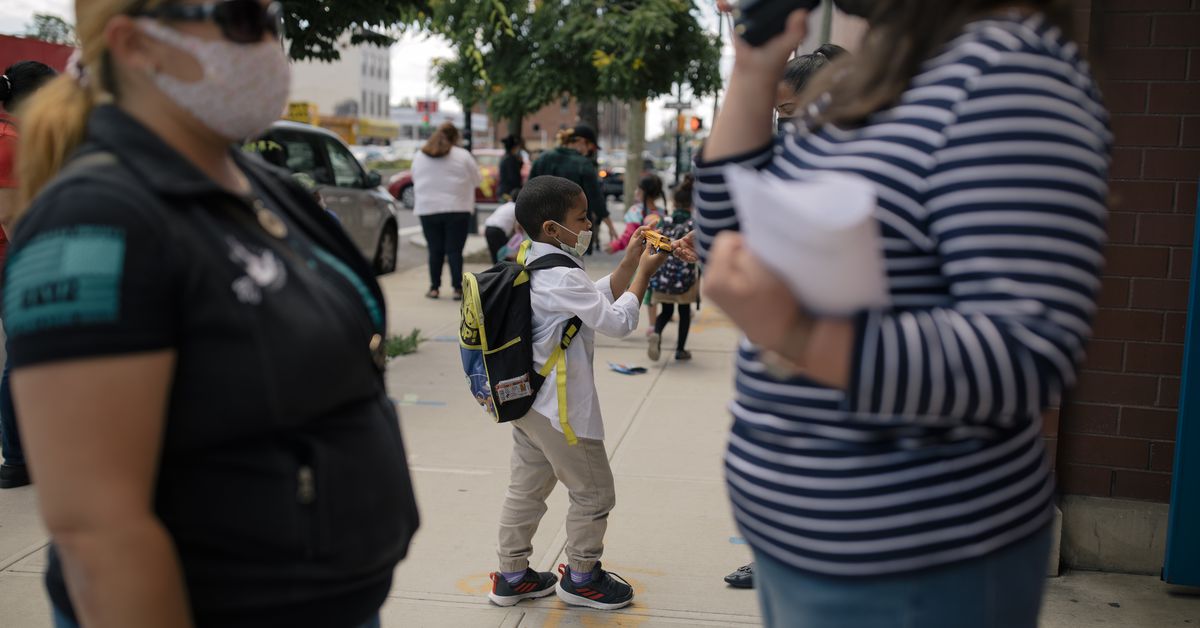Philadelphia students quiz superintendent about reopening and antiracism
As high school students during the COVID-19 pandemic, Nia Weeks, Kara Butler, Kaitlyn Rodriguez, and Shamir Britt-Holmes had to acclimate to virtual learning like all of their peers. But as student journalists during the historic school year, they also chronicled the struggles of their classmates, teachers, and administrators — many of whom they’ve never met in person.
At a Chalkbeat Philadelphia virtual event Wednesday night, the students turned their questions to Superintendent William Hite. They asked about a variety of topics, including summer learning, vaccine requirements, antiracism and equity initiatives, and ongoing issues with building conditions throughout the district.
With Friday marking the end of a landmark school year, Hite reflected on 15 months of uncertainty caused by the pandemic and discussed plans for the next academic year.
Listen to their in-depth discussion here or view below.
Here’s a recap of Hite’s remarks:
Vaccines and Personal Protective Equipment
District officials announced three weeks ago that they’re planning full-time in-person learning in the fall for all students who choose that option. (The district will also offer an all virtual option). Hite said Wednesday night that, currently, vaccines are not required for teachers or students because the district cannot compel individuals to get a vaccine approved specifically for emergency use.
“We don’t have any information yet that that is likely to change” by the fall, Hite said.
The district will still require all students and staff to be tested for COVID-19 on a regular basis until the “vast majority” of students and school personnel are vaccinated, Hite said Wednesday.
Teaching staff will also have a substantial number of masks available at each school in the fall and when summer school starts June 28, Hite added. Masks will be required in Philadelphia schools until the CDC loosens its guidelines.
Summer Learning
The district has introduced an especially robust summer learning program this year to provide enrichment to K-12 students who fell behind during the pandemic. There will be two main options: a fifth marking period for students who either didn’t pass at least one quarter or failed to meet graduation requirements, and a variety of targeted enrichment programs.
Areas of study this summer will range from foreign language to math to special programs for students with disabilities, Hite said.
Based on grades, 14,000 students are eligible for the fifth grading period, and Hite expects up to 20,000 students to enroll in the district’s summer enrichment programs — four times the enrollment of previous years.
Still, he said, “we’re not gonna make up for the time that we lost over the last year and a half over the summer or even over a year.” The district plans to use coronavirus relief money from the federal government to “recover some of the lost and interrupted learning” from the pandemic over the next three years. That money will cover before- and after-school care, and various other enrichment programs.
Antiracism
The district has introduced a number of equity-focused initiatives after the police killings of Walter Wallace and George Floyd, which Hite said “brought to light work that we need to do more broadly in the district to ensure that we were not operating as a racist institution.”
The district created an equity coalition in September to examine district policies, ensure that the district has appropriate data to evaluate those policies, and communicate findings and policy changes to the public.
The district also introduced eight equity fellows, four of whom are students, to work with officials to ensure that all of their policy prescriptions are antiracist.
Ventilation and building conditions
The district has made significant investments in facilities upgrades since school buildings emptied last March due to COVID-19, Hite said.
Throughout the past 15 months, district contractors have removed 250,000 feet of asbestos and remediated other hazards, including lead paint and mold. Moving forward, Hite said, every classroom will be measured for ventilation to ensure that appropriate air quality standards are met.
The district plans to spend $325 million of its $1.3 billion in federal coronavirus relief money on facilities work, and Hite said the district will release information about those remediation efforts to the public.
“One of the things we’re trying to do is make sure that we make public information that’s helpful to the public,” Hite said.
Mental Health
Between losing loved ones and being isolated from their friends, many students have struggled with their mental health since the pandemic began last March.
“I’ve had so many mental highs and mental lows even to the point of breaking down,” Rodriguez said.
The district has introduced a number of behavioral and mental health interventions. Starting this year, Hite said the district is taking an approach to student mental health called “healing together,” where students have gotten the chance to talk about their emotions and feelings of isolation.
That approach extends to teachers as well.
“Educators were also experiencing trauma,” Hite said. “Some severely missed young people.”







